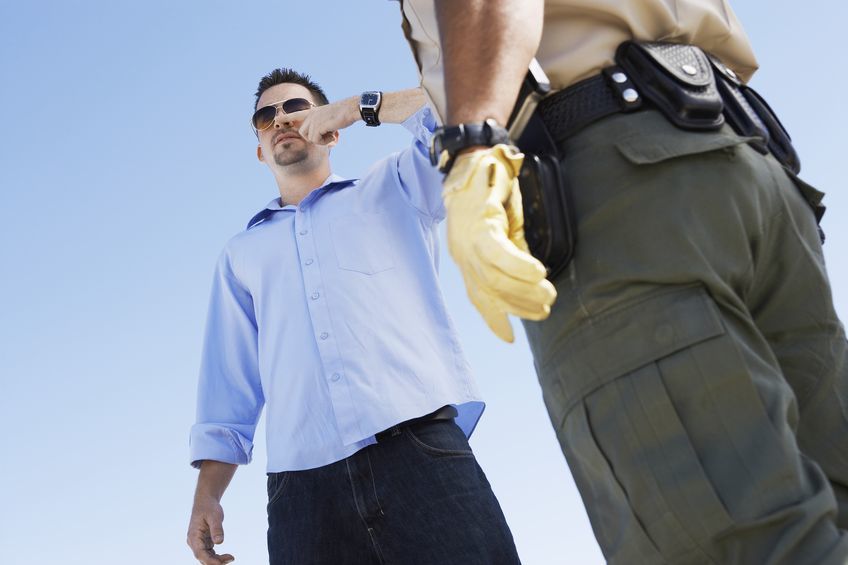Posted on

If you are pulled over in North Las Vegas, Nevada and the officer suspects that you may be intoxicated, you will likely be asked to take a series of physical tests as the officer evaluates your condition.
Field sobriety tests (FSTs), as they are known, are entirely subjective in that the determination as to whether you have “passed” or “failed” a test lies solely with the officer. As such, their reliability can be questionable and the accuracy of the results challenged by an experienced North Las Vegas DUI defense attorney.
There are three “standardized” tests that have been approved by the National Highway Traffic Safety Administration for use in determining whether a driver is under the influence. Additionally, there are a number of other tests officers can and do use to determine a driver’s sobriety. Which tests are administered and how many you’ll be asked to complete can vary.
The three standardized FSTs that you may encounter if you’re pulled over on suspicion of a North Las Vegas DUI are:
- Horizontal Gaze Nystagmus Test. You may not understand the name, but you likely understand the procedure. In this test, the officer will shine a penlight or other stimulus into your eyes and instruct you the suspect to follow the stimulus to the left and to the right. The officer will look for the angle at which your pupil starts to exhibit “nystagmus” (an involuntary jerking of the eye). An early onset of nystagmus (at or before a 45-degree angle) is associated with a high blood alcohol concentration.
- One Leg Stand Test. As the self-explanatory name of this test indicates, the one leg stand test requires the driver to stand and balance on one leg. You’ll be asked to raise your foot about six inches off the ground, hold still in that position, count from 1001 – 1030, and look down at your foot. The officer will be looking to see if you’re swaying, using your arms for balance, hopping or putting your foot down during the test.
- Walk and Turn Test. In a walk and turn test, the officer will ask you to take nine heel-to-toe steps on a real or imaginary line, pivot around, and then take nine heel-to-toe steps back. The test is designed to gauge your coordination, balance, and ability to follow directions.
While refusing to take a blood or urine test to determine your blood alcohol concentration can come with legal penalties, you can politely and respectfully decline to take a field sobriety test without any negative legal consequences.
If you have been arrested and are facing a DUI charge in North Las Vegas, Nevada, please give us a call.


